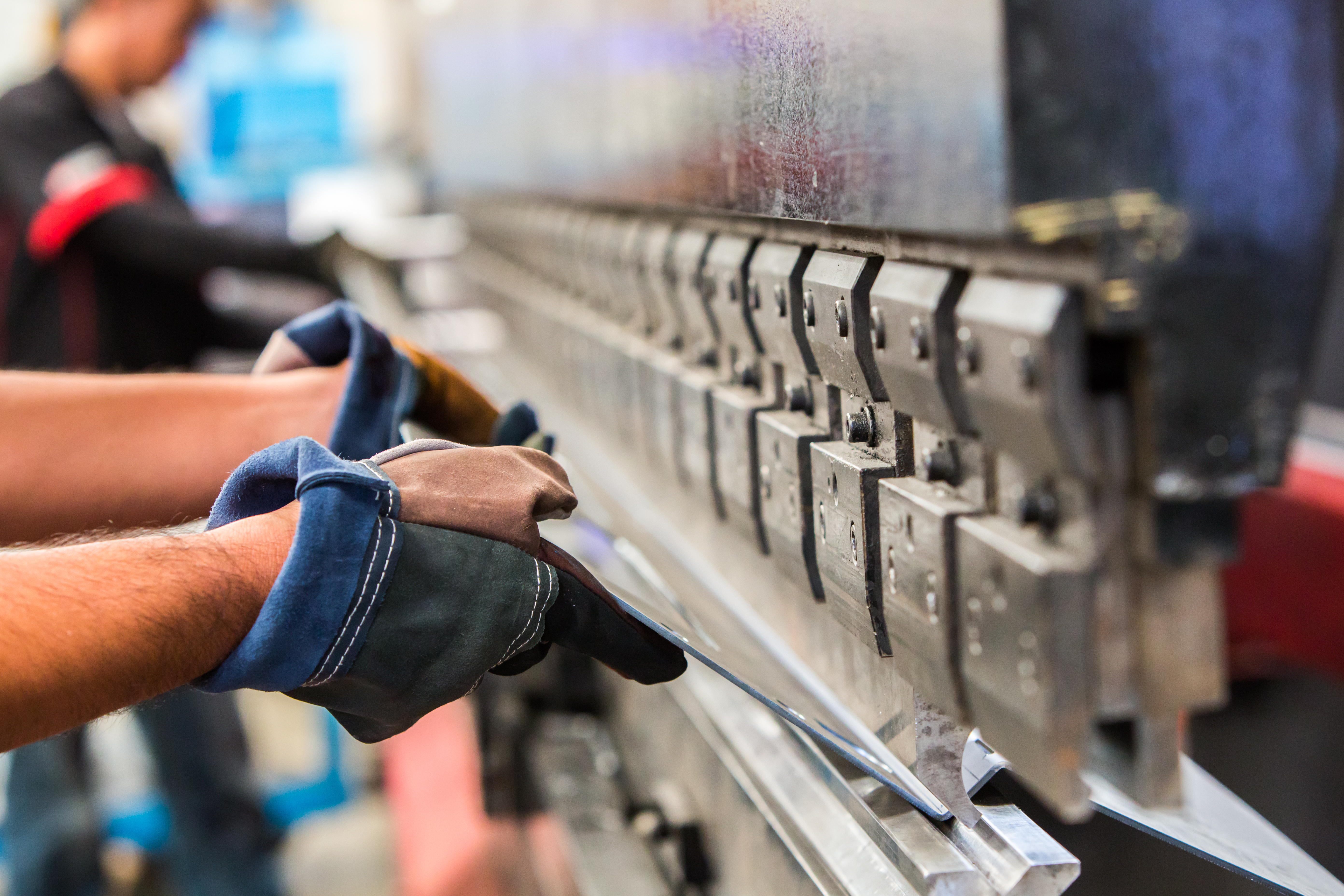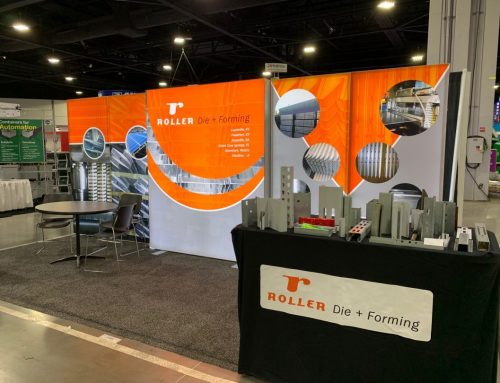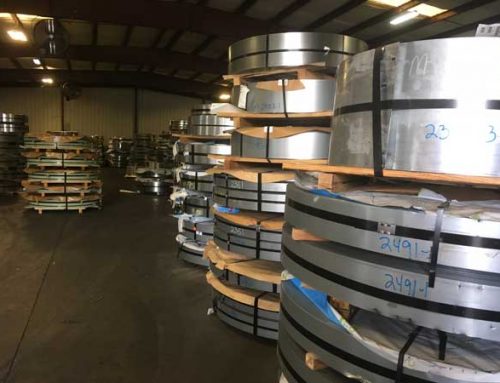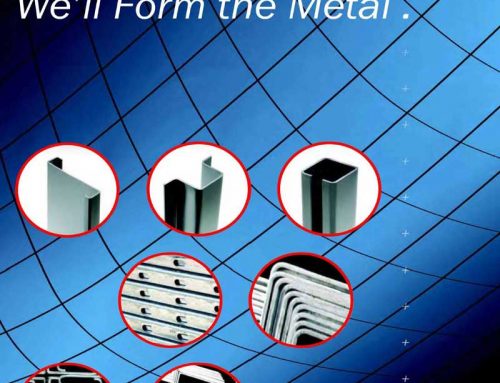Of the many reasons discussed when the Trump administration implemented the steel tariffs, one important consideration was boosting the national steel industry. This has the dual purpose of ensuring that our country can produce a certain amount of needed materials within our country rather than being reliant on overseas production and trade allies. Tariffs are also designed to boost our economy and offer higher quality jobs to citizens.
Economies are dynamic systems where a change in one area can substantially impact another. Take for example the situation of a small town that manages to recruit a new manufacturing plant. Suddenly, there are jobs for line workers and managers who in turn live in the town, eat out at the local restaurants, and support other service providers. Various economic measures taken at the national level are designed to duplicate this process, but on a much larger scale.
Tariffs make it more expensive for companies to bring in what they need from other countries, which encourages them to shop nationally instead. However, businesses that have been relying on lower priced goods suddenly find themselves faced with increased costs, costs which either come out of profits, meaning shareholders take a hit in the value of their ownership, or are passed on to consumers who end up paying higher prices for goods. If this increased cost is offset by increased jobs, however, it could be a net benefit. Economists have complex models they use to analyze different situations to determine whether a certain decision is likely to be a net benefit.
Management at Roller Die + Forming believes a bigger net benefit would come from a tariff on manufactured goods rather than the existing tariff on raw materials. Significantly more workers are employed in creating parts from raw materials for suppliers in the automotive, aerospace, construction, material handling, and other industries and in many cases, economies of scale and advantages of logistics already dictate that using a U.S. based supplier for these parts is more efficient than an international supplier. A tariff on these goods would add an additional advantage, and resulting economic boost for the many businesses that create manufactured parts.
Whether you’re looking to label your product “Made in America” or interested in our just in time delivery, the sales team at Roller Die + Forming is happy to share with you many of the advantages that come from working with our Kentucky, Georgia, or Florida facilities. Give us a call today.






